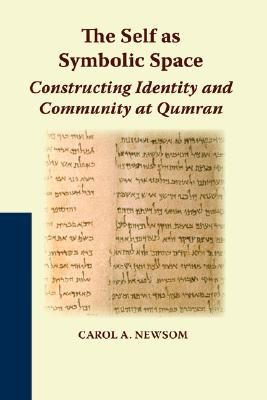
- We will send in 10–14 business days.
- Author: Carol A Newsom
- Publisher: Society of Biblical Literature
- ISBN-10: 1589832981
- ISBN-13: 9781589832985
- Format: 15.2 x 22.9 x 2.2 cm, softcover
- Language: English
- SAVE -10% with code: EXTRA
Reviews
Description
This volume investigates critical practices by which the Qumran community constituted itself as a sectarian society. Key to the formation of the community was the reconstruction of the identity of individual members. In this way the "self" became an important symbolic space for the development of the ideology of the sect. Persons who came to experience themselves in light of the narratives and symbolic structures embedded in the community practices would have developed the dispositions of affinity and estrangement necessary for the constitution of a sectarian society. Drawing on various theories of discourse and practice in rhetoric, philosophy, and anthropology, the book examines the construction of the self in two central documents: the Serek ha-Yahad and the Hodayot.
EXTRA 10 % discount with code: EXTRA
The promotion ends in 20d.23:33:03
The discount code is valid when purchasing from 10 €. Discounts do not stack.
- Author: Carol A Newsom
- Publisher: Society of Biblical Literature
- ISBN-10: 1589832981
- ISBN-13: 9781589832985
- Format: 15.2 x 22.9 x 2.2 cm, softcover
- Language: English English
This volume investigates critical practices by which the Qumran community constituted itself as a sectarian society. Key to the formation of the community was the reconstruction of the identity of individual members. In this way the "self" became an important symbolic space for the development of the ideology of the sect. Persons who came to experience themselves in light of the narratives and symbolic structures embedded in the community practices would have developed the dispositions of affinity and estrangement necessary for the constitution of a sectarian society. Drawing on various theories of discourse and practice in rhetoric, philosophy, and anthropology, the book examines the construction of the self in two central documents: the Serek ha-Yahad and the Hodayot.


Reviews